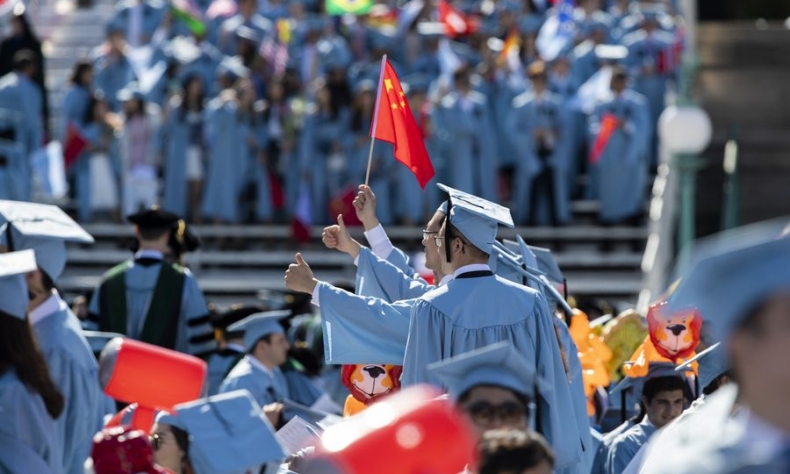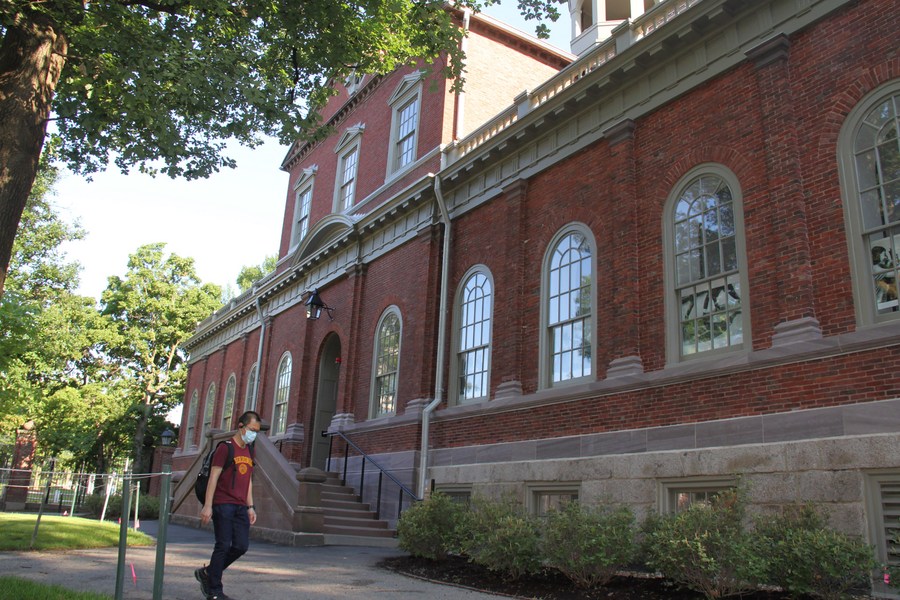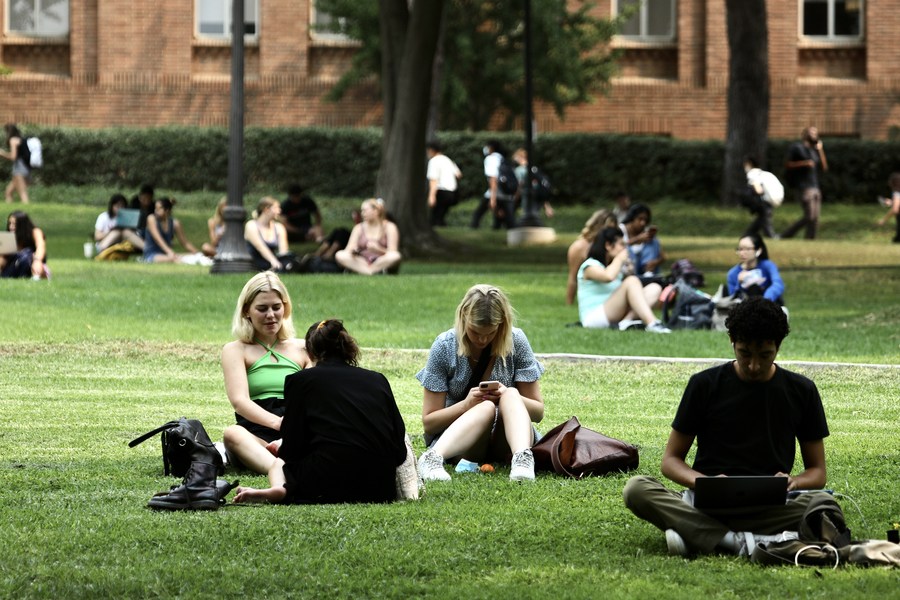American Universities Fearful Chinese Students Won’t Return

This erosion of trust is another example of the decline in America’s self-touted and often-boasted claim to exceptionalism.
As China continues to reopen and return to pre-pandemic life, college-aged students from across the country can again consider the possibility of studying internationally. Of course, America’s colleges and universities — some of which are among the most prestigious in the world — are hoping those students will want to come to the United States.
Those hopes might not be realized.
Inside Higher Ed, a website devoted to covering university-related issues throughout the U.S., offered a sobering headline earlier. It read: China’s Reopening Brings New Recruiting Challenges. The opinion piece, written by Xiaofeng Wan, the associate dean of admissions and coordinator of recruitment at Amherst College, stated that when representatives of America’s colleges and universities return to China in the coming weeks and months to recruit Chinese students, they should expect skeptical audiences.
He wrote: “They will face questions about the stability of their own nation as an ideal destination for Chinese students with its never-ending gun violence and rampant anti-Asian racism, worsened by the COVID-19 pandemic. They will face questions about the unpredictable direction of federal government rhetoric and policies toward Chinese students. Above all, admission recruiters will find themselves re-entering a market that has lost a great deal of confidence in the United States as a study destination.”
He added that while Chinese families recognize the importance of a college education in America, “their children will apply to colleges in multiple countries all at once, not just the U.S. This phenomenon has been a new trend in recent years, primarily due to concerns among Chinese families about their children’s safety in the U.S.”

Viewed another way, and perhaps the following words are a bit too sarcastic, this erosion of trust is another example of the decline in America’s self-touted and often-boasted claim to exceptionalism. Parents from China, and elsewhere, no longer look to the U.S. as the only viable option to educate their children. Politicians from across the political spectrum contribute to the problem; they would be wise to remember that their never-ending rhetorical blasts about China might sound good to their constituents, but those words risk continuing to hollow out the colleges and universities in their states.
America’s colleges and universities want international students, and for a variety of reasons.
First, they ensure a more diverse student body, an issue that has become more relevant in U.S. higher education circles. Another factor: International students often pay the highest possible tuition rates, meaning they are increasingly more valuable as public and private colleges across the country struggle to meet their financial obligations stemming from sagging enrollments.
Inside Higher Ed has been among many news publications reminding their audiences that enrollment numbers at U.S. colleges and universities are still struggling to reach pre-pandemic levels. The Chronicle of Higher Education reported that data from the Fall 2022 term indicated that “undergraduate enrollment has stabilized.” There was some bad news, however: “Undergraduate enrollment in the fall of 2022 fell only 0.6 percent, or by 94,000 students, from a year ago. Total enrollment in the fall of 2022 was essentially flat as well — down by 0.7 percent from a year earlier.”
And on the horizon is the guaranteed dip in enrollment that will come in a couple of years because American families put off having children during and in the immediate aftermath of the 2008 so-called Great Recession. According to one study, there were roughly 9 million 18-year-olds in the U.S. in 2012, and that number could be roughly 8 million by 2029. The “demographic cliff,” as it is sometimes called, is expected to be especially troubling for smaller and private schools located in the northeast and the Midwest. But only the most elite institutions will avoid the financial effects of fewer students.

Enrollment managers at U.S. colleges and universities are looking to India and the African continent as potential robust pathways to generate more international enrollments, especially if the pipeline of students from China slows down. But, again, the realities of racism in the U.S. cannot be forgotten: Why would Indian and African parents be any less worried than their Chinese counterparts about the environment their children will face, especially when they travel off campus?
Chinese families have not forgotten the “China Initiative” that was front and center during Donald Trump’s time in the White House. Trump insisted that China was sending numerous people to the U.S., including to America’s colleges and universities, who were under orders to steal some of America’s most cutting-edge technological and scientific ideas.
I wrote about this horrible initiative in January and then again in February of 2022, when the decision to abandon the program was finally announced. The words I used then remain true today: “One case after another associated with the China Initiative ended in failure, often with the U.S. government dropping the charges. But the financial and emotional damage felt by the affected Chinese scholars could not be erased with a simple ‘we are sorry.’ Far from it.”
Some of those scholars chose to return to the safety of China. Today, none of them could be blamed if they advised college-aged students in China to remember that anti-Chinese and anti-Asian sentiments are everywhere in the U.S.
America’s politicians sowed the “China Initiative” and other virulent anti-China policies, and they are likely to find that their colleges and universities are reaping the bitter harvest of such hate.
The article reflects the author’s opinions, and not necessarily the views of China Focus.
 Facebook
Facebook
 Twitter
Twitter
 Linkedin
Linkedin
 Google +
Google +







